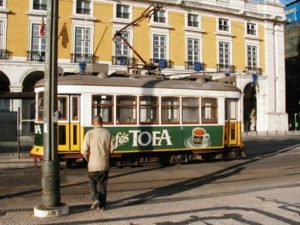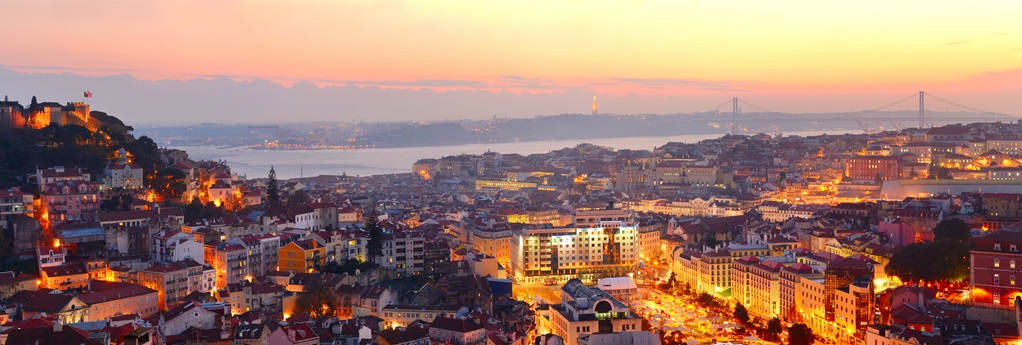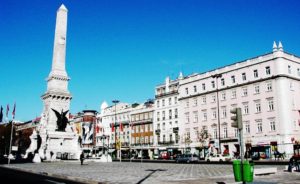The Portuguese city of Lisbon has just been named the European Green Capital Award for 2020. This news comes as no surprise to me (Storm Cunningham): I’ve long considered Lisbon one of the most beautiful and walkable cities in the world. It’s also a city with a tremendous heritage of leading-edge historic restoration adn ruban regeneration, as I described in The Restoration Economy.

Lisbon’s famous trolley system.
Photo by Storm Cunningham.
Commissioner Vella said: “I am delighted to be awarding Europe’s green city awards for the eleventh time to a new champion of urban sustainability, and for the sixth and seventh time to smaller green cities. As we enter the second decade of the European Green Capital Awards, the initiative has become even more significant than ever. Globally we are faced with enormous environmental challenges. Climate change, over consumption, plastic waste and biodiversity loss are major threats to our cities and our future.”
“It is heartening and inspiring to see such strong leadership from Lisbon, and other European Green Capital winners. With best practice environmental management, good urban planning, and citizens at the heart of their green transformation, they showed how to turn environmental challenges into opportunities, and make their cities healthy and enjoyable places to stay, live and work in,” he continued.
The Jury felt that Lisbon – that started its journey towards sustainability during a period of economic crisis – can be an inspiration and a role-model for many cities across the EU, demonstrating clearly that sustainability and economic growth go hand in hand.
The Expert Panel highlighted that Lisbon is particularly strong in the field of sustainable land use, sustainable urban mobility (transport), green growth & eco innovation, climate change adaptation and waste:
- Lisbon was the first capital in Europe to sign the New Covenant of Mayors for Climate Change and Energy in 2016, after achieving a 50% reduction in C02 emissions (2002-14); reducing energy consumption by 23% and water consumption by 17% from 2007 to 2013;
- It has a clear vision for sustainable urban mobility, with measures to restrict car use and prioritise cycling, public transport, and walking. In 2017 Lisbon launched a bike-sharing scheme, with electric bikes comprising two thirds of the fleet to encourage cycling in the hillier parts of the city;
- It has one of the world’s largest networks of electric vehicle charging points, while 39% of the municipal car fleet is electric;
- 93.3% of people in Lisbon live within 300 meters of a frequent public transport service;
- 76% of people in Lisbon live within 300 meters of green urban areas, and
- It has a strong commitment to sustainable land use with particular focus on establishing green infrastructure, or connected networks of green space, to counteract the effects of climate change, such as drought, extreme heat, and storm flooding.
Separately, the title of European Green Leaf 2019 goes jointly to the cities of Cornellà de Llobregat and Horst aan de Maas.
The Spanish city of Cornellà de Llobregat was commended for its commitment to transforming the city into a genuinely sustainable high-density metropolitan area that could be a role-model for other compact urban areas. The jury was particularly impressed by its traffic calming measures and promotion of sustainable transport modes. The city also demonstrates a strong focus on water management, including water conservation, flood management, and also public awareness-raising campaigns.
The Dutch city of Horst aan de Maas was commended for its enthusiasm and well-planned inclusive urban strategy. The jury was particularly impressed by the involvement of all stakeholders in the city, in particular its citizens, in a range of activities related to climate change, sustainable urban mobility, water, and air quality. The city has an extensive bicycle and public transport network and has taken a wide range of actions to encourage cycling, electric vehicles, and car sharing.
Featured photo of Lisbon via Adobe Stock.


